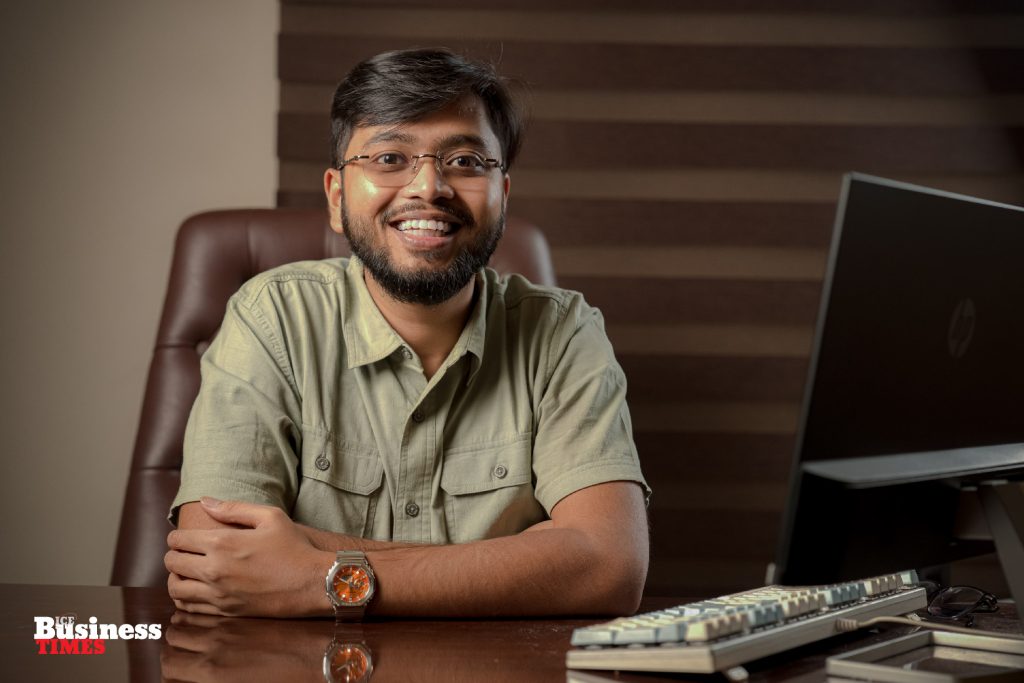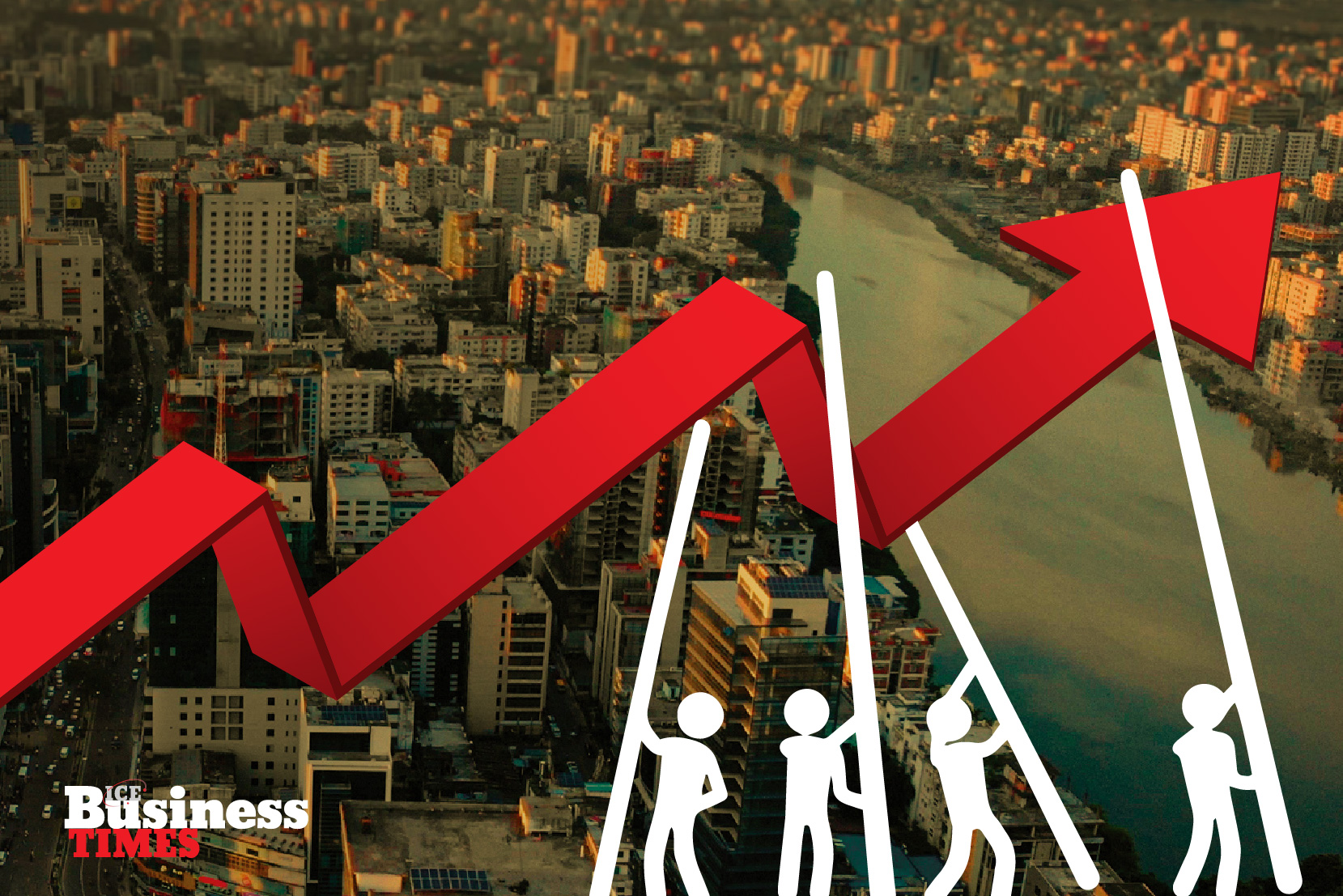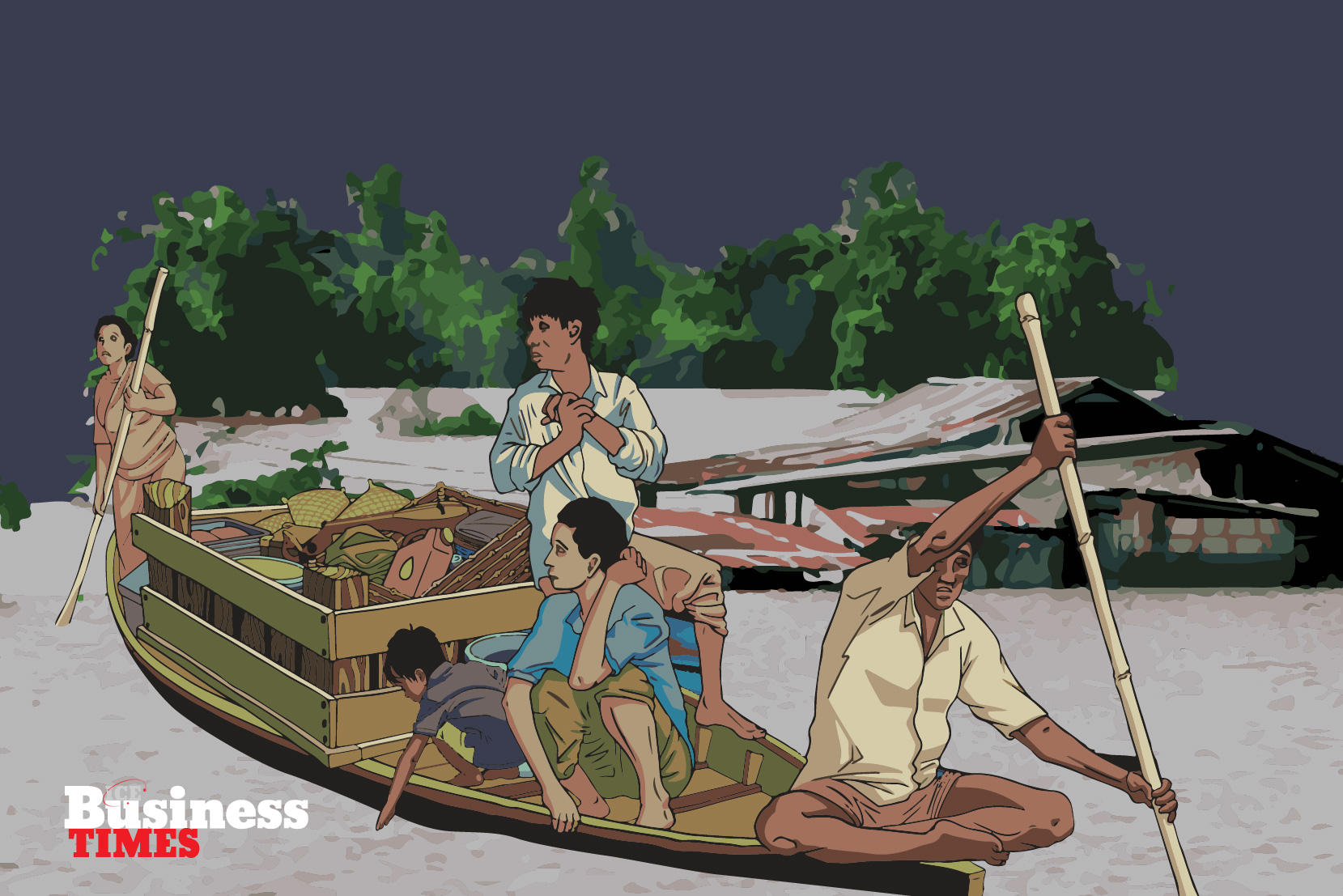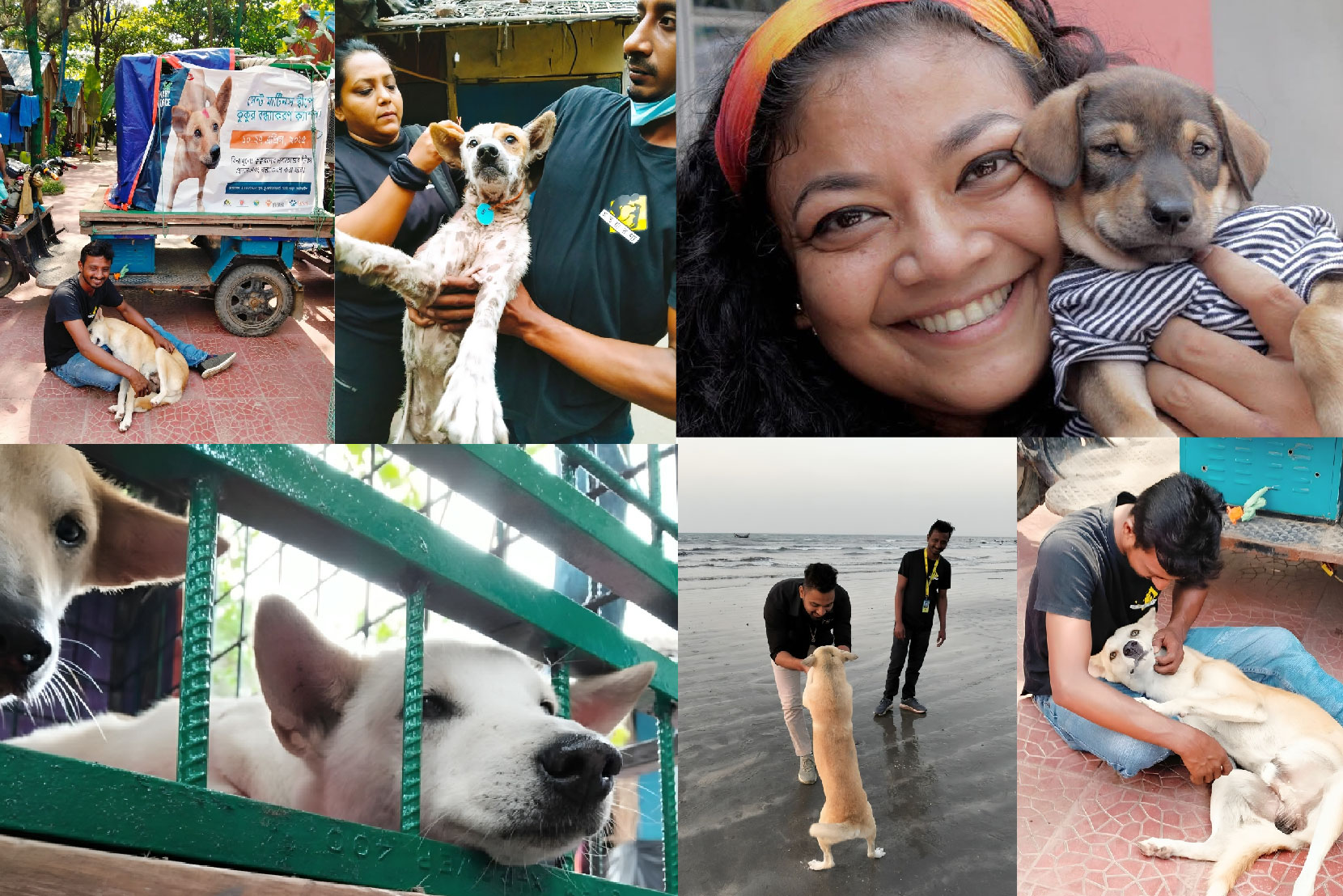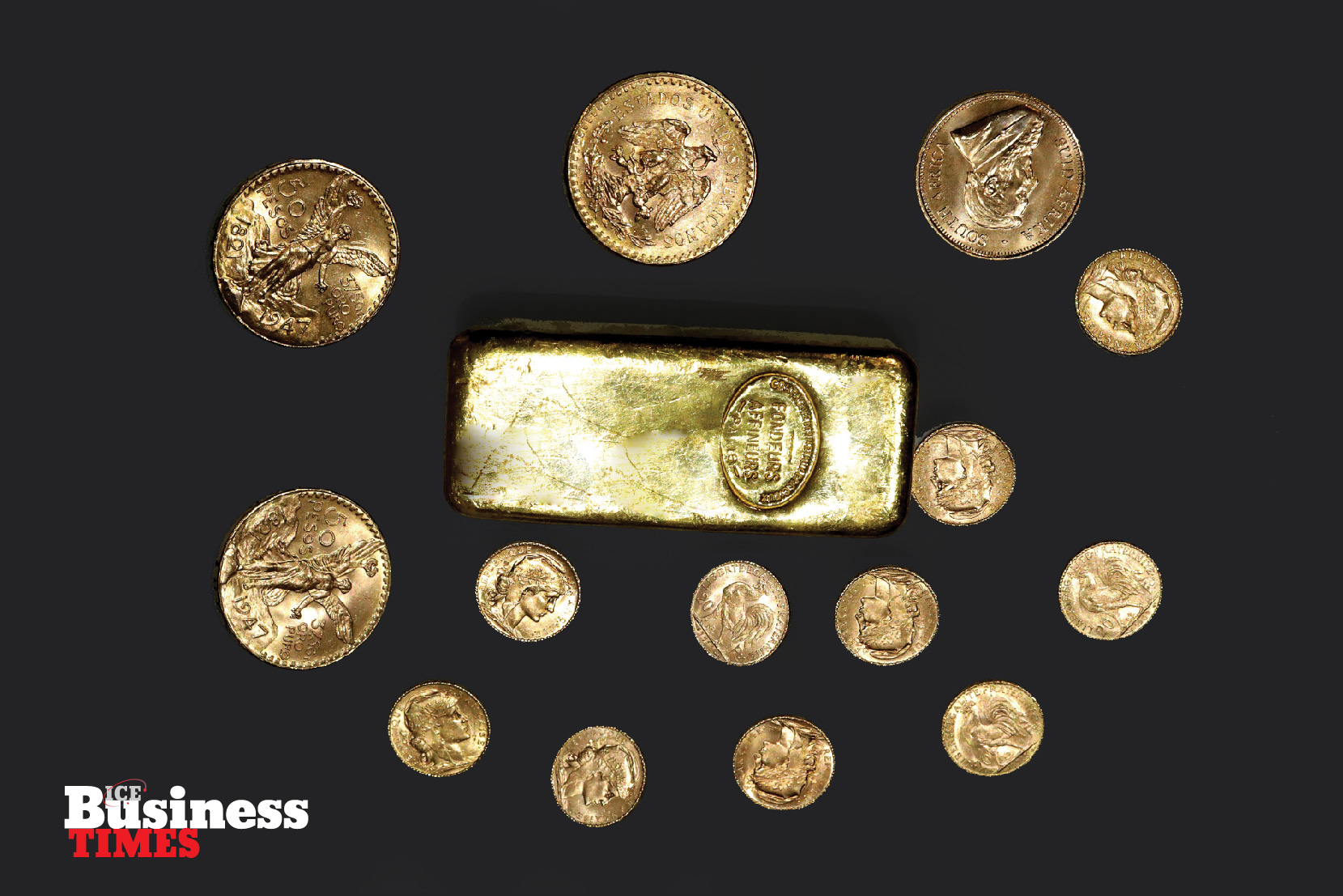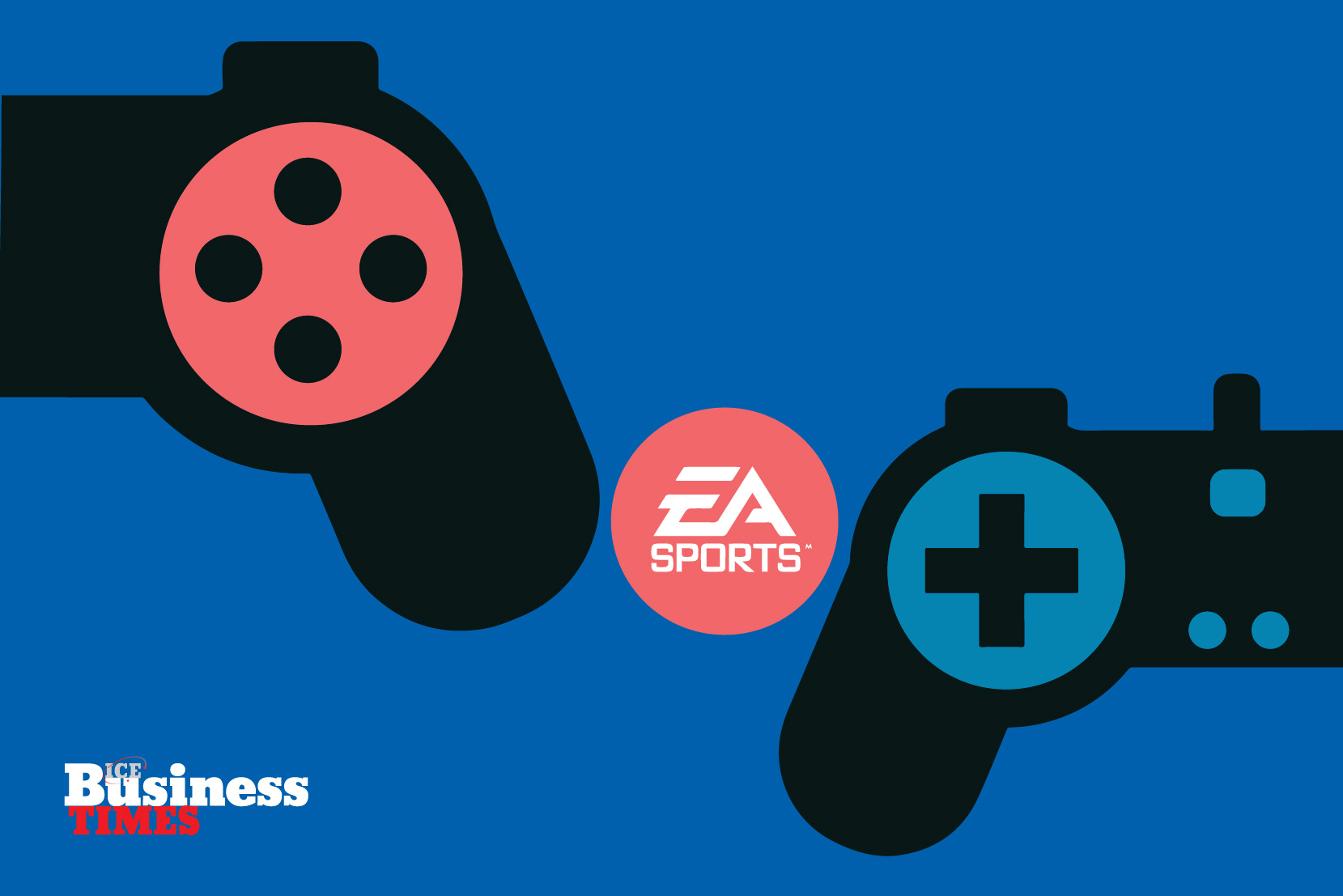In conversation with The Front Page founders, Fasbeer Eskander and Shah Md Akib Majumder, on popularising bite-sized news, pioneering a business model for short-form journalism, and empowering Gen Z with information that matters.
How has The Front Page popularised bite-sized news for Gen Z audiences while maintaining journalistic integrity?
Akib Majumder: The Front Page became popular by presenting news in a way that feels relatable to younger audiences. One of our early viral posts was a simple graphic about a USD 500 PlayStation 5 being sold in Bangladesh for BDT 1.5 lakh. The design wasn’t perfect, but the headline resonated because relatability drives engagement.
We kept refining our templates, taking feedback from creatives. Initially, it was just the two of us handling everything, from verifying news to designing and posting. As we grew, we built a team and formalised operations under Fasbeer bhaiya’s leadership, which helped us appear more credible to both audiences and advertisers.
Professionalism is key to how we maintain journalistic integrity. From the start, we’ve focused on presenting objective facts – concise headlines, relevant visuals, proper source links, and photo credits. Thanks to Fasbeer bhaiya’s well-maintained data sheets, we’ve been able to stick to this format consistently.
Fasbeer Eskander: Proper sourcing and crediting have always been non-negotiable for us. That’s the foundation of journalistic ethics. At the same time, we know our audience – memes and humour make serious issues more digestible and help drive engagement.
It’s about balance; being serious where it matters, but also relatable and light when needed. Our use of memes and satire helped us stand out, especially when covering complex or sensitive topics.
Most of our content comes from reliable sources like The Daily Star, Dhaka Tribune, the BBC, and CNN. We distil the key takeaway and present it with a clear, factual headline, always linking to the original article. That’s how we stay true to journalism while adapting to social media.
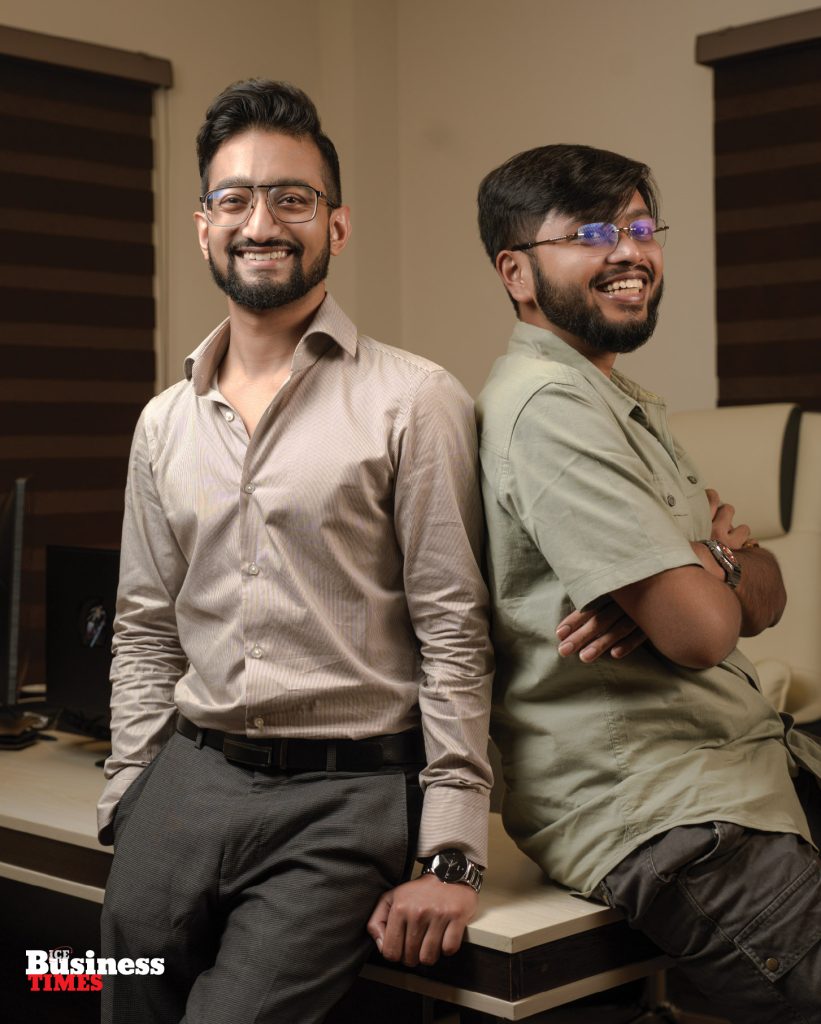
Shah Md Akib Majumder (right)
Co-founders
The Front Page
How did you identify a market opportunity with bite-sized news, and how have you scaled operations?
Fasbeer Eskander: We saw the potential when, with just 9,000 followers, a business approached us for a paid feature. That moment showed that bite-sized news could be monetised. We explored different revenue streams like sponsored articles, short videos, and carousels.
As the format gained popularity, more pages emerged, and businesses started to notice. We initially charged low rates but raised them once we recognised the value we offered. We also worked with others in the industry to set fair pricing standards.
We introduced new ad formats like banner ads, which Akib suggested. During the Sylhet floods, we ran a banner for Footsteps, a non-profit, asking for donations via bKash. It was well received, which helped Akib pitch banner ads to clients, and that’s when growth accelerated.
Akib Majumder: We were likely the first in Bangladesh to use banner ads in bite-sized news, which was vital for sustainability, since we’re not backed by big corporations.
The success of the Footsteps campaign proved that banners could work without harming user trust. This gave us the confidence to approach corporate clients. Our biggest asset is our social media distribution. With 60 to 70 million organic monthly views, we offer valuable reach for brands.
We’ve since partnered with major players in telecom and mobile financial services, and our growth has helped the entire industry expand.
How is The Front Page empowering the youth to stay informed and participate actively in national discourse?
Fasbeer Eskander: In today’s world of shrinking attention spans, news must be delivered in a format that makes young people pause, engage, or at least absorb the core message at a glance. Our bite-sized approach plays a key role in that.
This became especially evident during the July 2024 protests. Before that, Gen Z wasn’t as engaged in national affairs as they are now. When mainstream media hesitated or failed to report key developments, we stepped in with a commitment to deliver objective, fact-checked news. Even during the internet blackout, we kept posting. I was abroad at the time, and when I lost contact with our Bangladesh team, I built a global team of 50 to 60 volunteers to continue reporting so the world would know what was happening in Bangladesh.
Akib Majumder: Our team was on the ground during the protests, reporting firsthand to ensure we captured the truth. Circumstances showed that something historic was unfolding, and it needed to be documented. Backing away wasn’t an option, even in the face of potential legal consequences.
Our goal was simple: young people deserve access to unbiased information. By continuing to report, we empowered the youth to stay informed, form opinions, and take part in national discourse. That’s the role we see for The Front Page – not just delivering news, but helping shape an informed generation.
What measures have you taken to build resilience so that The Front Page may continue to grow and innovate online?
Fasbeer Eskander: Social media is constantly evolving, and the algorithm can be unpredictable. Instead of resisting it, we adapt – whether that means tweaking our static formats or leaning more into short-form video content to boost reach.
We’ve considered expanding into platforms like a dedicated app or website, but Bangladesh’s smaller population limits the scalability of such digital products. So, instead, we’re working on The Blank Page, a new initiative focused on citizen journalism, the creator economy, discussion forums, and fact-checking tools. It’s still in development, but it represents our vision for the future of online journalism.
We also established an agency called Reach Out, which connects us and other creators in the industry with potential clients. It’s our way of building a support network and strengthening the ecosystem as a whole.
Akib Majumder: The digital landscape will keep shifting, so our focus is always on adapting our distribution strategies to ensure our content continues to reach our audience effectively.
We also believe that our growth should benefit the industry at large. If our scaling helps others become sustainable too, it strengthens the whole ecosystem, and that, in turn, supports our own resilience. This is still a young industry, and our aim is to help build a new generation of media professionals who can empower others through accessible, trustworthy information.
Photograph by Shihab Mohammad.











